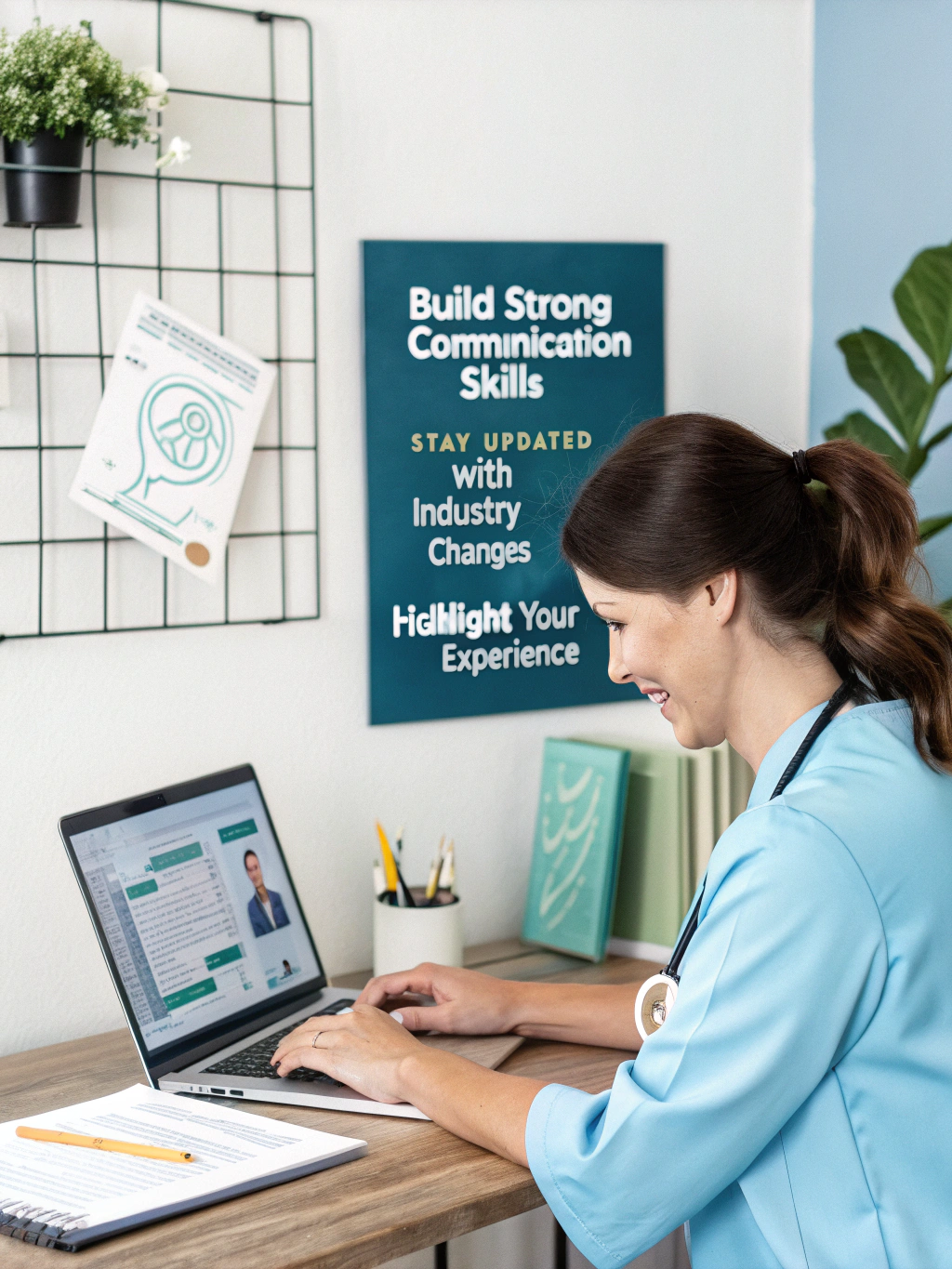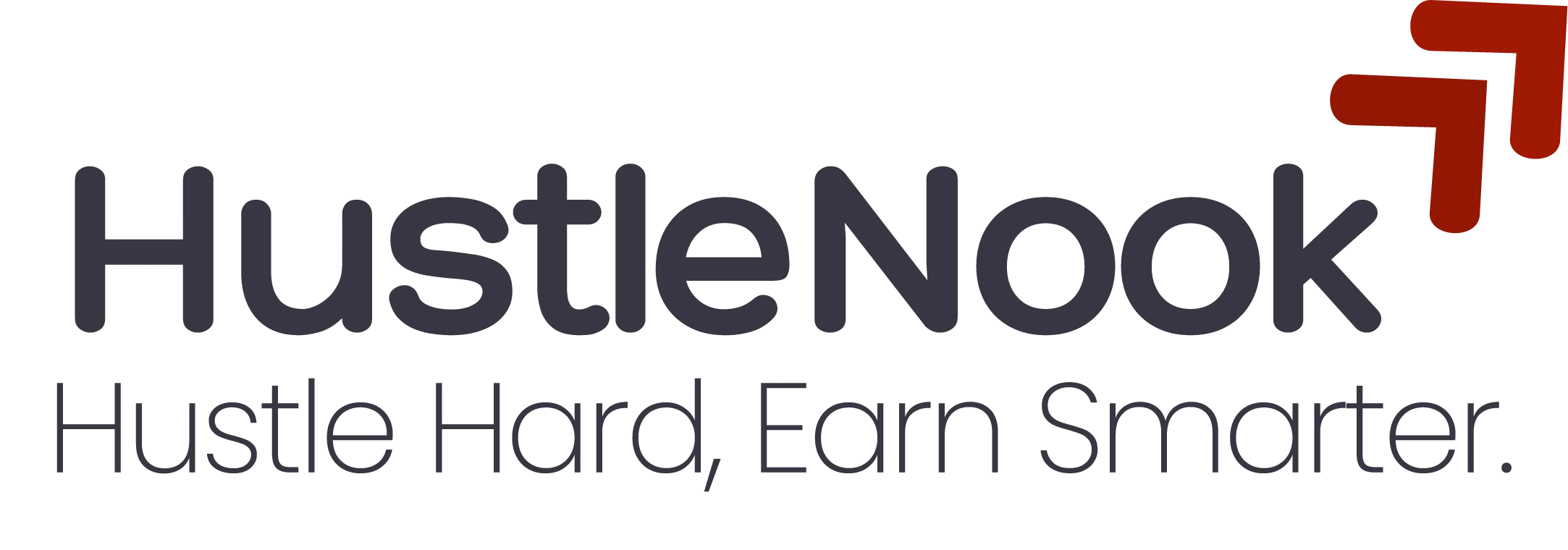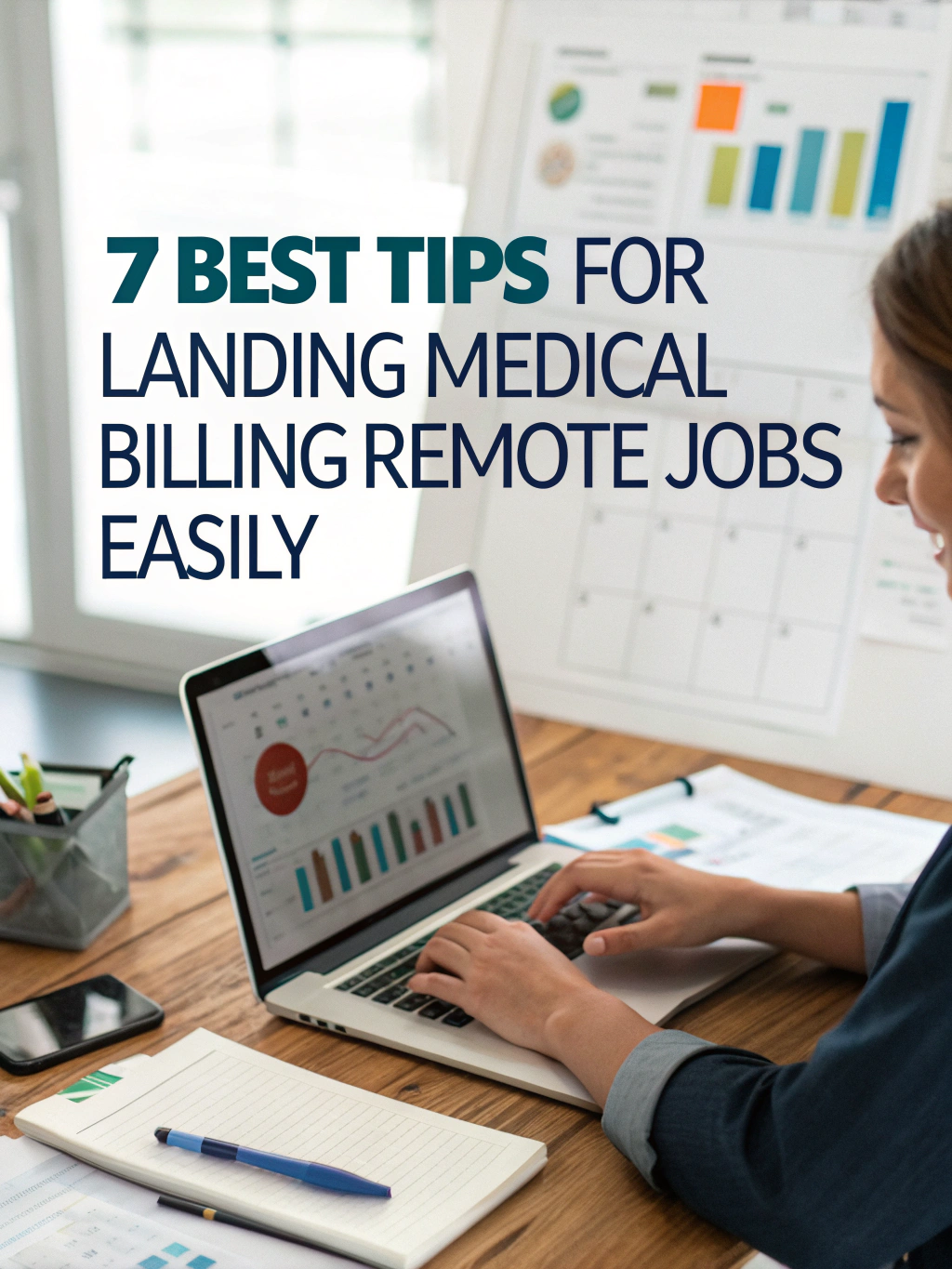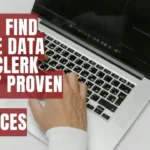Have you been spending countless hours scrolling through job boards, feeling overwhelmed by the competitive landscape of medical billing remote jobs? You’re not alone. I remember sitting at my kitchen table three years ago, coffee in hand, feeling defeated after yet another rejection email. The dream of working from home while using my medical billing skills seemed increasingly out of reach.
But here’s the thing – landing that perfect remote position isn’t about applying to hundreds of listings. It’s about strategy, preparation, and knowing exactly how to position yourself as the ideal candidate. Today, I’m sharing the exact steps that helped me and countless others secure rewarding medical billing jobs remote positions – often with multiple offers to choose from.
The Growing Demand for Remote Medical Billing Professionals
Before diving into our tips, it’s worth understanding why this career path offers so much potential. The healthcare industry is experiencing unprecedented digital transformation, with remote medical billing positions growing by 22% since 2020. This shift isn’t just temporary – it represents a fundamental change in how healthcare administration operates.
According to recent industry data:
- Remote medical billing jobs increased by 22% since 2020
- Average salary ranges from $40,000-$65,000 annually
- 76% of healthcare organizations plan to maintain or increase remote billing staff
This growth creates a unique opportunity for qualified professionals – if you know how to stand out from the competition.
Tip #1: Acquire the Right Certifications and Training
Essential Credentials That Make Employers Take Notice
One of the most direct paths to securing medical billing remote jobs is obtaining industry-recognized certifications. Employers often use these credentials to filter candidates during the initial screening process.
The most valuable certifications include:
- Certified Professional Biller (CPB) – Demonstrates comprehensive knowledge of medical billing processes
- Certified Medical Reimbursement Specialist (CMRS) – Focuses specifically on insurance and reimbursement expertise
- Certified Electronic Health Records Specialist (CEHRS) – Particularly valuable as healthcare systems increasingly digitize
Beyond formal certifications, familiarize yourself with the most commonly used billing software platforms:
| Software | Popularity | Learning Resources |
|---|---|---|
| Epic | 35% market share | Official Epic training, LinkedIn Learning |
| Cerner | 25% market share | Cerner Academy, YouTube tutorials |
| Athenahealth | 10% market share | Athenahealth learning portal |
| eClinicalWorks | 8% market share | eCW Online Training Center |
Even highlighting completion of free online courses in these platforms can significantly boost your resume appeal.
Tip #2: Tailor Your Resume for Remote Work Success

Crafting a Resume That Addresses Remote-Specific Concerns
When applying for medical billing remote jobs, remember that employers have specific concerns about remote workers. Your resume needs to address these preemptively.
Key Elements to Include:
- Remote Work Experience Section – Even if not in medical billing, highlight any previous remote work experience
- Self-Management Skills – Emphasize your ability to work independently, meet deadlines, and manage time effectively
- Technical Proficiency – Detail your familiarity with communication tools (Zoom, Slack) and secure software access solutions
- Home Office Setup – Briefly mention your dedicated workspace and reliable internet connection
Most importantly, quantify your achievements with specific metrics. Instead of “Processed medical claims,” write “Processed 120+ medical claims daily with 99.3% accuracy rate.”
Tip #3: Master the Virtual Interview Process
Standing Out Through Your Screen
Virtual interviews for medical billing jobs remote positions require different preparation than traditional in-person meetings.
Pre-Interview Checklist:
- Test your technology (camera, microphone, internet) at least 24 hours before
- Set up proper lighting (natural light facing you is ideal)
- Create a professional background (minimal distractions)
- Have billing terminology and relevant examples ready to reference
- Prepare specific stories demonstrating your remote work capabilities
During the interview, make deliberate eye contact by looking at your camera, not the screen. This creates a connection with interviewers that many candidates miss. Additionally, have digital copies of your portfolio ready to screen-share, including anonymized examples of complex billing situations you’ve handled successfully.
Tip #4: Target the Right Companies and Platforms
Where to Find Quality Remote Opportunities
Not all job boards are created equal when searching for medical billing remote jobs. Focus your efforts on these high-yield sources:
Industry-Specific Job Boards
- AAPC Job Database
- Healthcare Financial Management Association (HFMA) Career Center
- Medical Group Management Association (MGMA) Career Center
Remote-Focused Job Platforms
- FlexJobs
- We Work Remotely
- Remote.co
- Virtual Vocations
Direct Company Applications
- Large healthcare systems with remote teams (Kaiser Permanente, UnitedHealth Group)
- Medical billing companies (Ensemble Health Partners, R1 RCM)
- Healthcare tech companies with billing components (Athenahealth, Change Healthcare)
Pro tip: Set up tailored job alerts on these platforms using specific keywords like “remote medical billing specialist” or “work from home medical coder” to receive notifications for the most relevant positions.
Tip #5: Develop and Highlight Specialized Knowledge
Becoming the Specialist Employers Can’t Ignore
Medical billing is increasingly specialized, with certain niches commanding higher salaries and more flexibility. Consider developing expertise in:
- Specialty-Specific Billing: Radiology, cardiology, and oncology billing specialists are particularly in demand
- Denial Management: Expertise in appealing denied claims can make you exceptionally valuable
- Compliance: Knowledge of recent healthcare legislation and compliance requirements
- Revenue Cycle Optimization: Skills in analyzing and improving the entire billing process
When applying for positions, highlight these specialized skills prominently in both your resume and cover letter, with concrete examples of how you’ve applied them.
Tip #6: Build a Professional Network from Home
Expanding Your Connections Virtually
Networking remains crucial even in remote job searches. In fact, 65% of remote medical billing positions are filled through direct referrals. Here’s how to build connections from home:
- Join LinkedIn groups for healthcare billing professionals
- Participate in virtual industry conferences and webinars
- Contribute to online forums like AAPC’s discussion boards
- Connect with current remote medical billers for informational interviews
After making connections, don’t immediately ask for job leads. Instead, offer value first – share relevant articles, provide thoughtful comments, or offer assistance with their professional questions.
Tip #7: Prepare a Compelling Portfolio of Work
Demonstrating Your Expertise Tangibly
Unlike many professions, medical billers can create tangible evidence of their expertise. Develop a digital portfolio that includes:
- Case Studies: Anonymized examples of complex billing situations you’ve resolved
- Process Improvements: Documentation of efficiency improvements you’ve implemented
- Error Rate Metrics: Evidence of your accuracy and attention to detail
- Continuing Education: Certificates from recent courses or webinars
This portfolio becomes a powerful supplement to your resume, giving employers concrete evidence of your capabilities that most candidates fail to provide.
Bringing It All Together: Your Action Plan
Securing medical billing remote jobs requires strategic preparation and consistent effort. Begin by assessing your current qualifications against our tips, then create a structured 30-day plan to address any gaps. Focus on obtaining key certifications, refining your remote-specific resume, and building targeted connections in the industry.
Remember that persistence matters – the average successful candidate applies to 15-20 carefully selected positions before receiving an offer. Stay organized, follow up professionally, and continuously refine your approach based on feedback.
The freedom and flexibility of remote medical billing work is within reach when you approach your job search strategically. Use these seven tips as your roadmap to success.
FAQ About Medical Billing Remote Jobs
What qualifications do I need for entry-level medical billing remote jobs?
Most entry-level medical billing remote jobs require at minimum a high school diploma and a medical billing certification such as the CPB. Some employers may accept candidates with healthcare administrative experience in lieu of certification.
What is the average salary for remote medical billing positions?
Salaries for medical billing remote jobs typically range from $40,000-$65,000 annually, depending on experience level, specialization, and certification. Senior positions with management responsibilities can earn $70,000+.
Do I need previous remote work experience to get hired?
While previous remote experience is valuable, it’s not always required. Focus on demonstrating self-discipline, technical proficiency, and excellent communication skills to overcome this potential obstacle.
How competitive is the market for medical billing remote jobs?
The remote medical billing field is competitive but growing rapidly. Candidates with certifications, specialized knowledge, and demonstrable accuracy metrics typically have the greatest success in securing positions.
What equipment do I need to work in medical billing from home?
Most employers require a dedicated computer with updated operating system, secure high-speed internet connection, dual monitors, and sometimes a HIPAA-compliant phone line. Some companies provide equipment, while others expect employees to supply their own.






